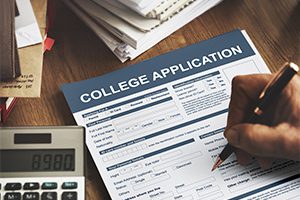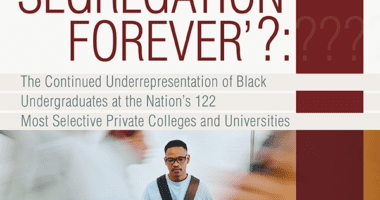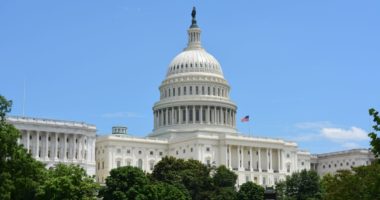3 Emerging Issues in State Legislation
State legislatures have largely wrapped up, and although they were short sessions, they weren’t without debate and progress. We’ve been keeping track of state action this year, and after combing through thousands of bills, here are three emerging issues we see significantly impacting equity in education:
Teacher Preparation. Indiana took a big step toward improving teacher preparation programs by establishing a performance-based rating system to evaluate the state’s programs. The ratings are based on the performance of program graduates, as well as surveys that allow principals and new teachers to rate the quality of instruction provided by each program. Beginning in 2017, programs that do not annually attain a minimum rating are given an improvement plan, which public programs are required to use. More accountability like this is warranted, given the analyses (and personal accounts) that point to lackluster preparation programs with little clinical experience. Low-income students and students of color are more likely than their white and more affluent peers to have newly minted teachers, so it’s critical that new teachers have solid training and skills. As the calls for improving teacher preparation programs amplify, look for more states to follow Indiana’s lead.
Free Community College. The Tennessee Promise Scholarship will provide free community college for the state’s high school graduates. Will this program start a trend? Both Mississippi and Oregon introduced similar bills this session, and while Mississippi’s failed, the Oregon legislature has asked the state’s Higher Education Coordinating Commission to study the viability of establishing a free community college program. Keep an eye out next year for more of these “free college” proposals.
DREAM Act. In most states, undocumented students, because of their status, are not given in-state tuition rates or access to financial aid, even when they have lived the majority of their lives in the United States and have graduated from a public high school. (Eighteen states currently grant these students access to in-state tuition, while only five have extended access to state financial aid). But several states have taken up the issue this year in an effort to expand access to higher education. While only three states passed bills, legislation (which may resurface in the coming years) was introduced in 18 states. These are all important strides toward expanded educational opportunity and equality.
Most recently, Florida passed a bill that gives undocumented students, who attended a Florida high school for at least three consecutive years and graduated, in-state tuition at public colleges and universities. In Washington, the REAL Hope Act extends eligibility for financial aid to some of that state’s undocumented students — those who were granted deferred action for childhood arrival, earned either a diploma from a high school or an equivalency diploma in the state, and lived in the state for specified periods of time. Tennessee’s DREAM Act legislation grants in-state tuition to United States citizens who are children of undocumented immigrants and who graduated from secondary school or earned an equivalency diploma in the state. (It wasn’t previously permitted under law.) Finally, although not legislation, Virginia’s attorney general declared earlier this year that “DREAMers” are eligible for in-state tuition.









